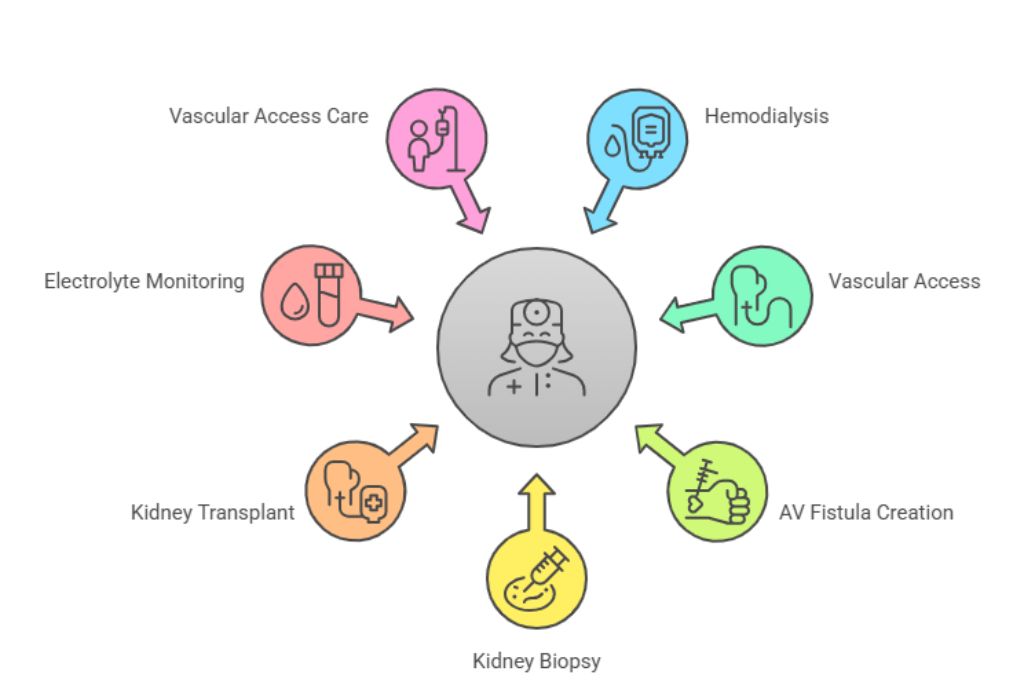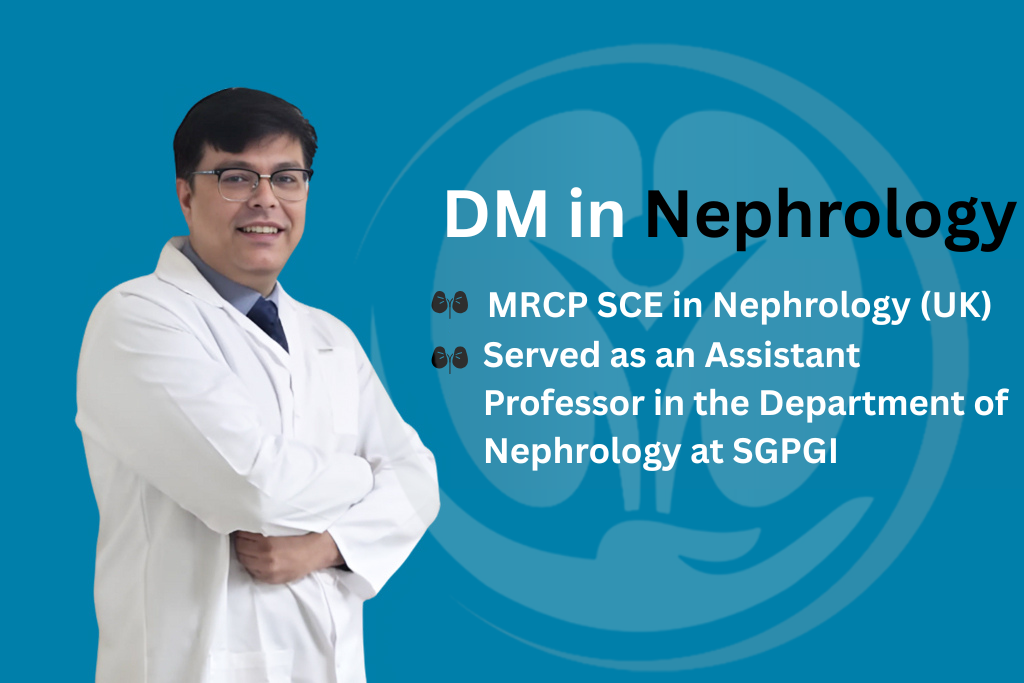What are Sodium Disorders?
Sodium disorders, which disrupt the balance of sodium in the body, can significantly impact overall
health, particularly kidney function. As a leading kidney disease specialist in Gorakhpur, Dr. Arpit
Srivastava offers specialized care to diagnose, treat, and manage sodium disorders, ensuring patients
achieve optimal health outcomes. He provides complete support for patients, including understanding
their types, causes, effects on kidney health, symptoms, diagnosis, treatment options, advanced
services, and preventive measures. With a focus on compassionate and accessible care, patients in
Gorakhpur and across Purvanchal trust Dr. Srivastava for effective management of sodium disorders.
Sodium is a critical electrolyte that helps regulate fluid balance, nerve function, and muscle activity
in the
body. Sodium disorders happen when blood sodium is either too high (hypernatremia) or too low
(hyponatremia).
+91-7054357996

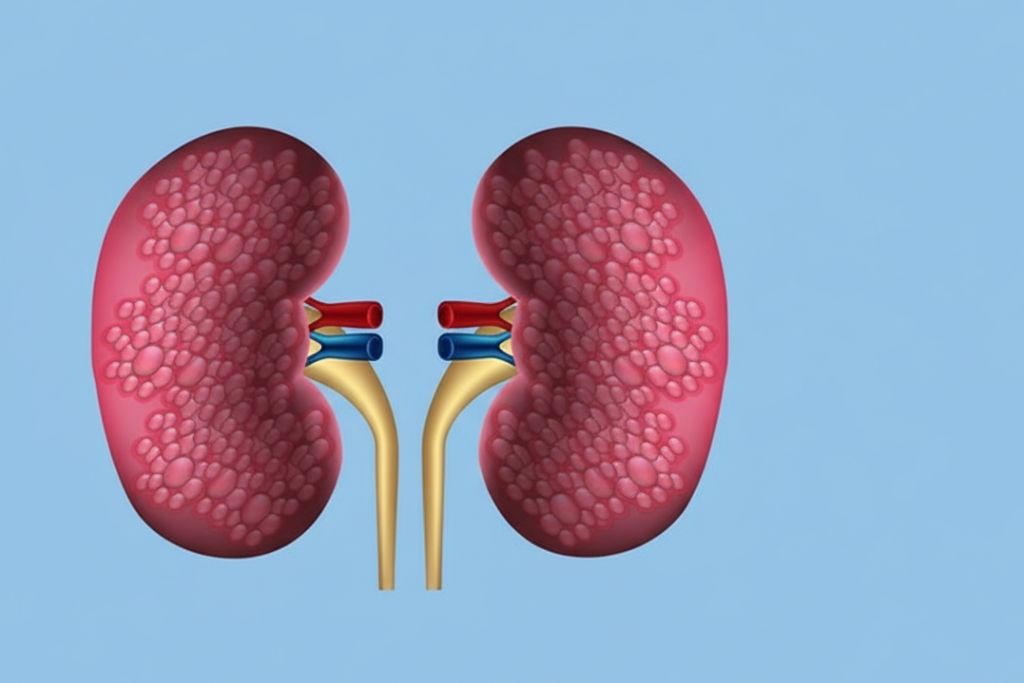
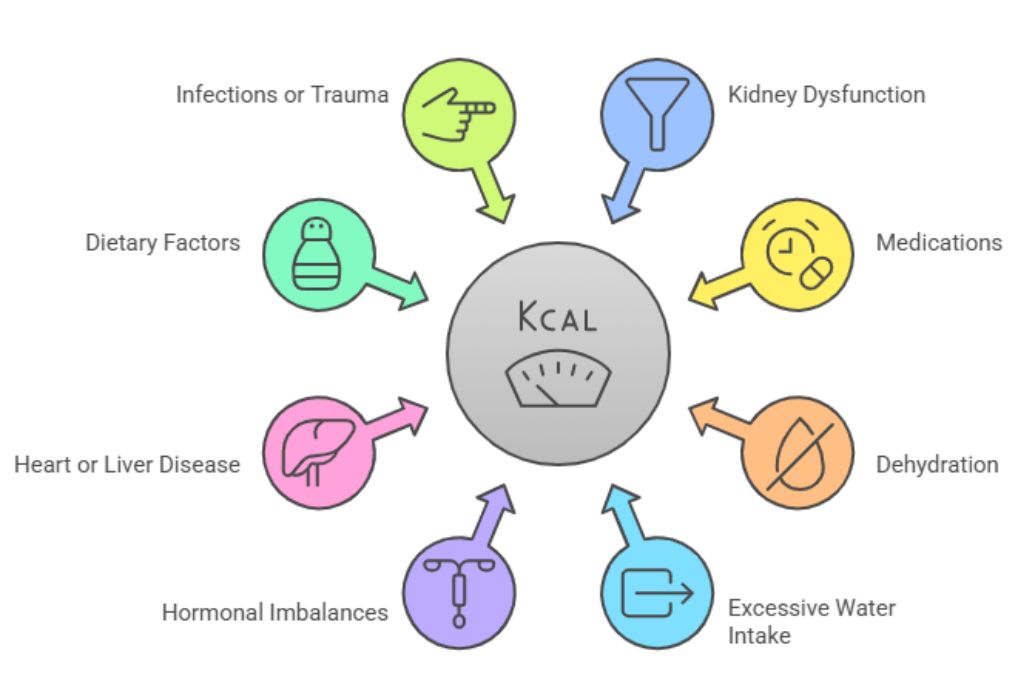
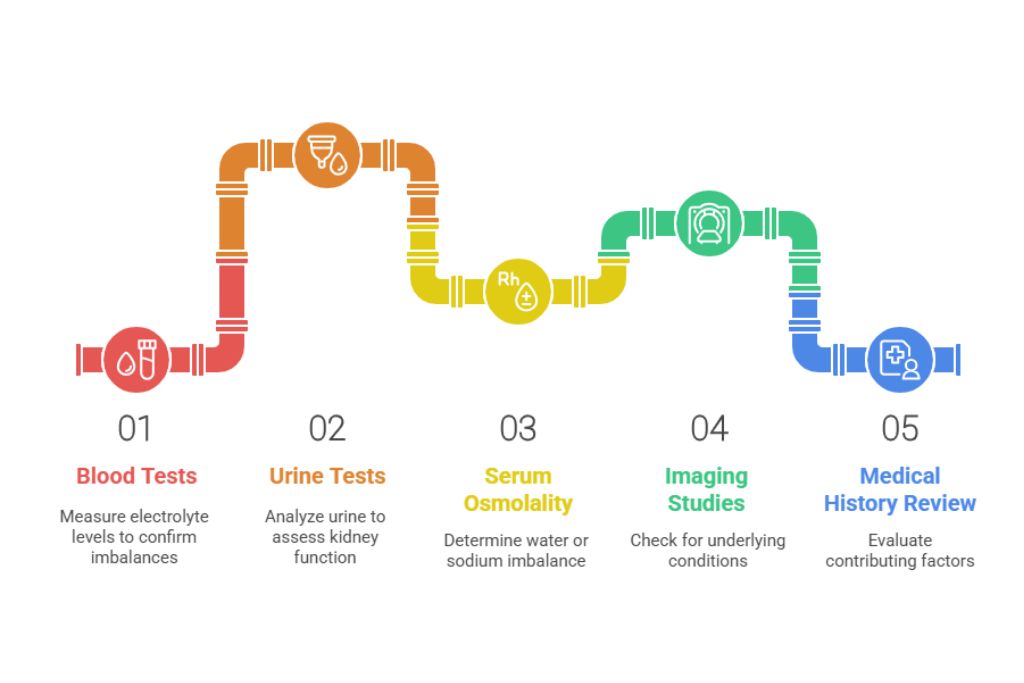


.png)
